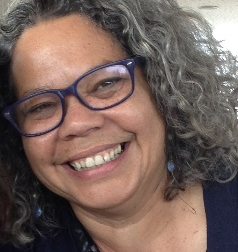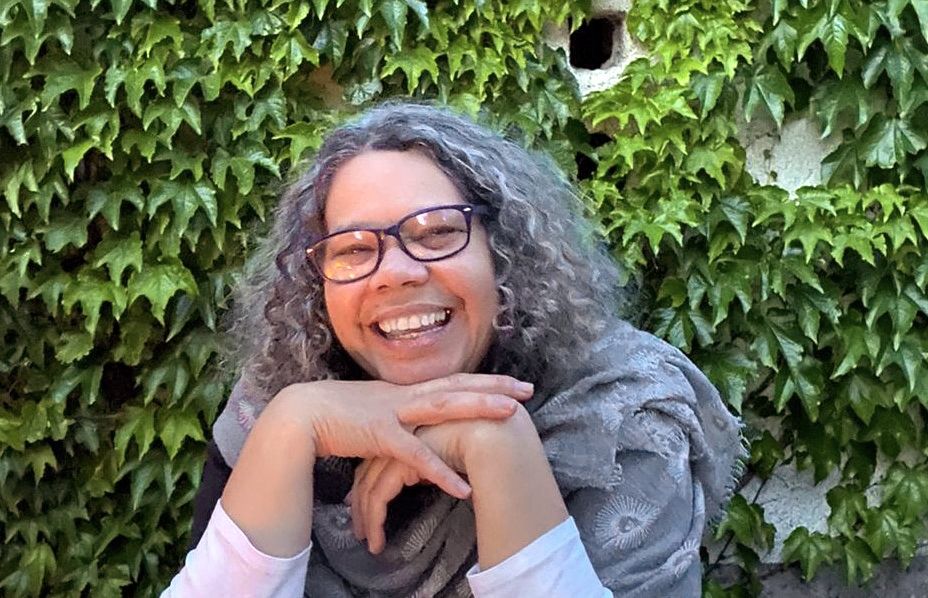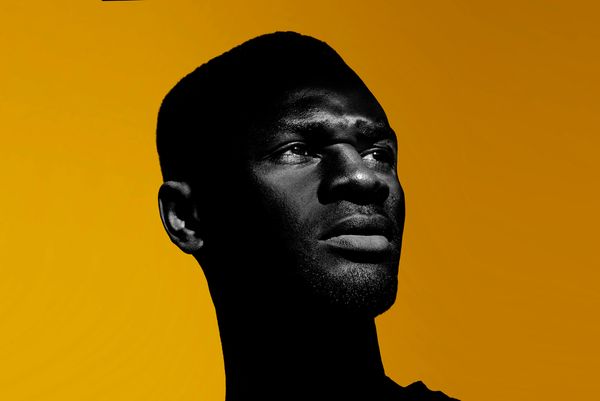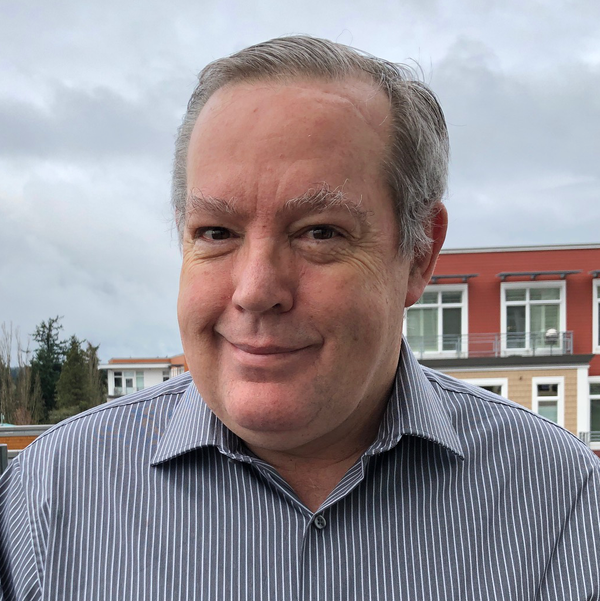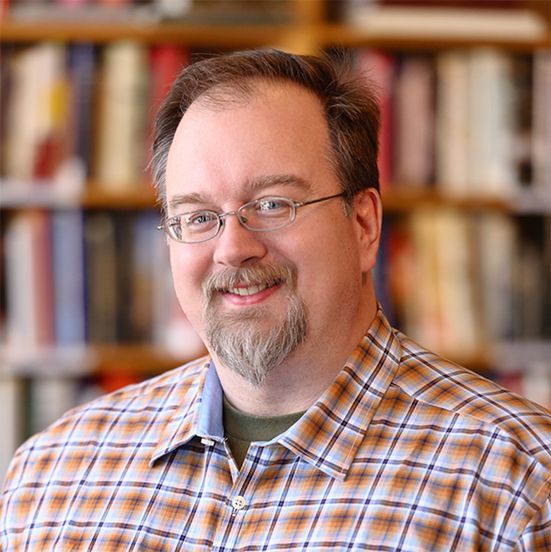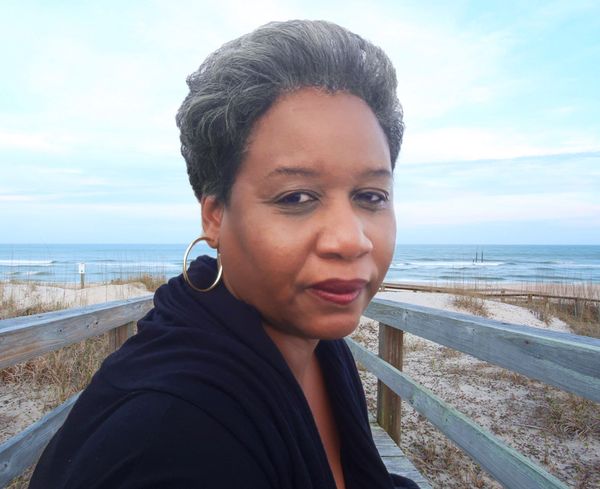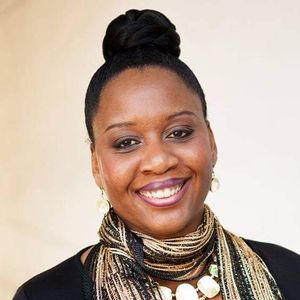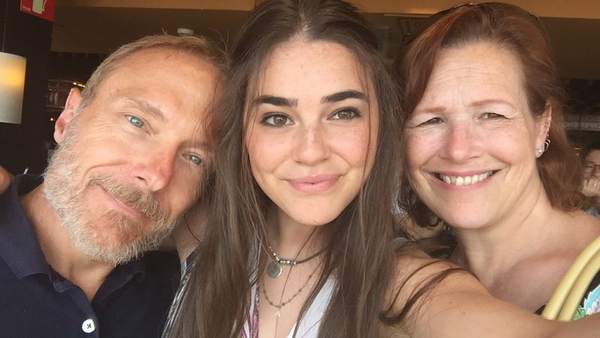Letter from the Editor:
The OHF Weekly Holiday Challenge
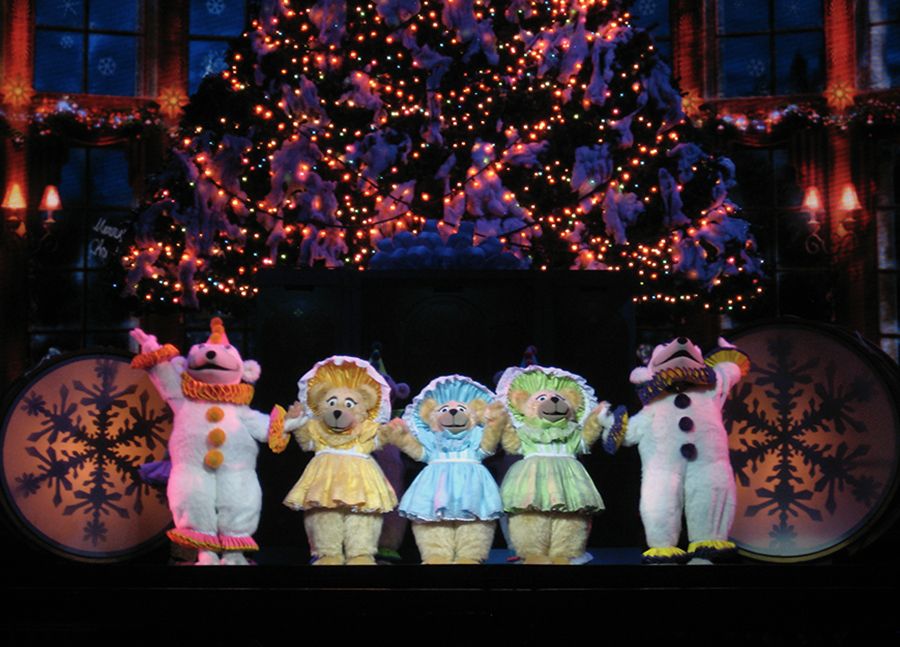
Several years ago, I got to live one of the items on my bucket list: I was a cast member in New York’s Radio City Christmas Spectacular for six years. Residing in NYC the last three months of the year felt like skiing down a black diamond slope to New Year’s Day. If you’ve been anywhere near the Rockefeller Center Christmas tree, you’re familiar with the bigger-than-life decorations, palpable Christmas cheer, and Midtown’s theme park feel.
Of course, not everyone has as zany a holiday experience as I did, and not everyone should. Whether you choose to celebrate Christmas, Hanukkah, Kwanzaa, the winter solstice, or nothing at all, it’s easy to get caught up in consumerism and the desire to keep up with the Joneses. For the loved ones of 800,000+ Americans who have died from Covid-19, others seeking to rebuild their lives from the ruins caused by natural disasters, and countless others who suffer from racial inequity, this year’s holiday season will be anything but merry.
I write all this not to be a killjoy, but to encourage—if not challenge—you. While you’re relishing time with family and friends, taking in the sights, sounds, tastes, and smells of the season, I invite you to extend a little grace or a little wiggle room to others because I guarantee you this: everyone is dealing with something and could all use the benefit of the doubt.
Over the next two weeks, Stephen, Sherry, and I will be away from OHF Weekly taking time to enjoy our beloveds, but we’ll be back Thursday, December 30, with our annual year-end review. So, on behalf of the OHF Weekly editorial team, thank you for your support, happy holidays, and love one another!
Clay Rivers
Our Human Family, Founder and Editor-in-Chief
The Sylvia Wohlfarth Interview
In this week’s “OHF Family Tree” installment we sit down with international educator, poet, activist, and OHF Weekly writer Sylvia Wohlfarth to discuss her Nigerian and Irish roots, her take on America as a mixed-race woman in Europe, and her hopes for our global future.
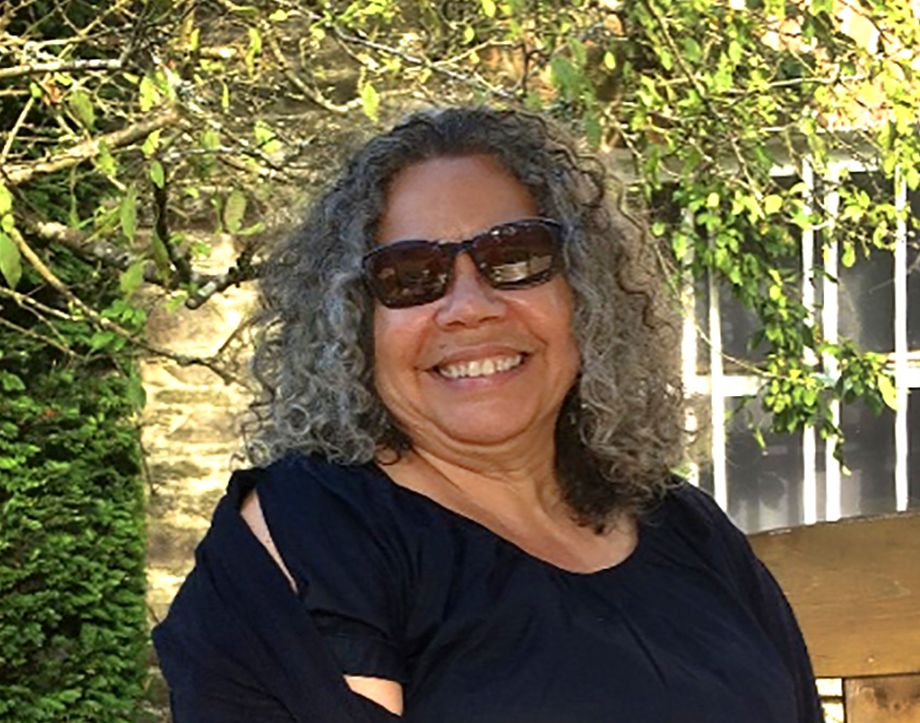
OHF Weekly In four sentences, how would you tell us you’re on Team Racial Equity without saying you’re on Team Racial Equity?
Sylvia Wohlfarth Born into the credo that I am no different than anyone else, I was seeded and brought up by a black Nigerian father and a white Irish mother who instilled in me the tenet to honour and respect all people irrespective of colour, culture, creed or any other personal characteristics. I internalised this sensitivity very early on in life, growing up as a child from a privileged family in a Third World country, Nigeria, grappling under the heritage of British colonialism and newfound independence.
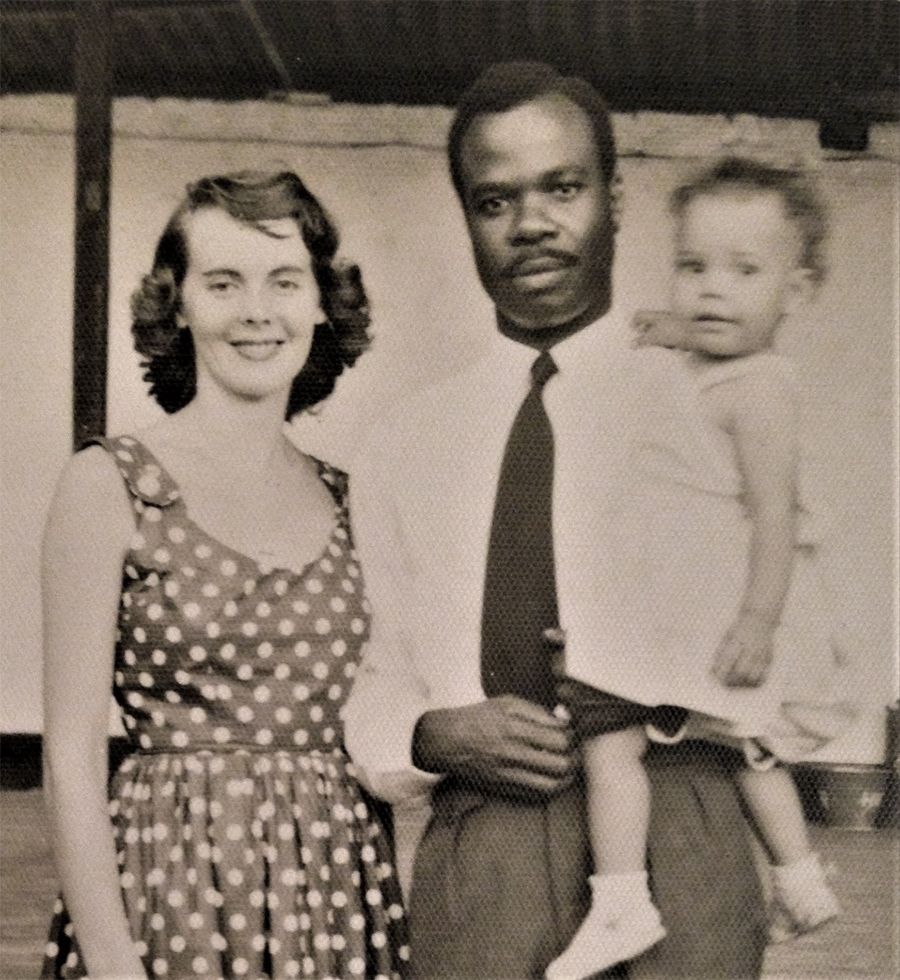
Hence, it pains me to hear of people who have been victims of suppression and racism or even killed because of the colour of their skin. I am driven to try to comprehend what triggers human cruelty and bigotry, and through my writing reach out, if not directly to the overt and hardened racist, at least to the underlying racist and the unconsciously biased, and without accusations, try to open their minds and hearts to human inclusivity.
OHF Weekly What was the moment you decided to write and publish your works for the world to read?
Sylvia I have been writing since I was a teenager, mostly journaling, poetry and short stories. In late 2018, I discovered Medium and began to read posts from a variety of writers on a plethora of topics. Reading accounts of growing up with abuse and human suffering humbled me. I realised all the more the healing power of writing as a channel to help people come to terms with pain, frustration and varying emotions.
I also realized I was not the only emotionally diverse person struggling to contain a mixed bag of feelings. I recognized there was a multitude of writers out there, who like me, ignited with emotions and experiences, and yet despite almost drowning in Weltschmerz, always ready for a laugh, a smile, willing to connect, empathise and build a community of like-minded individuals.
After a few months of only reading, I decided to take the plunge and test my writing skills, publishing my first ‘novice’ contributions to Medium.
Later on, I began tentatively to write on social injustice and racism. With my musings, I strived to understand what drives a human to hate another human based on their skin colour and to uphold a racially unjust society. For example, African Americans can be wrongfully incarcerated for years, if not a lifetime, if not executed. Had we humans lost the virtue of valuing a life? Did we ever even have this virtue?
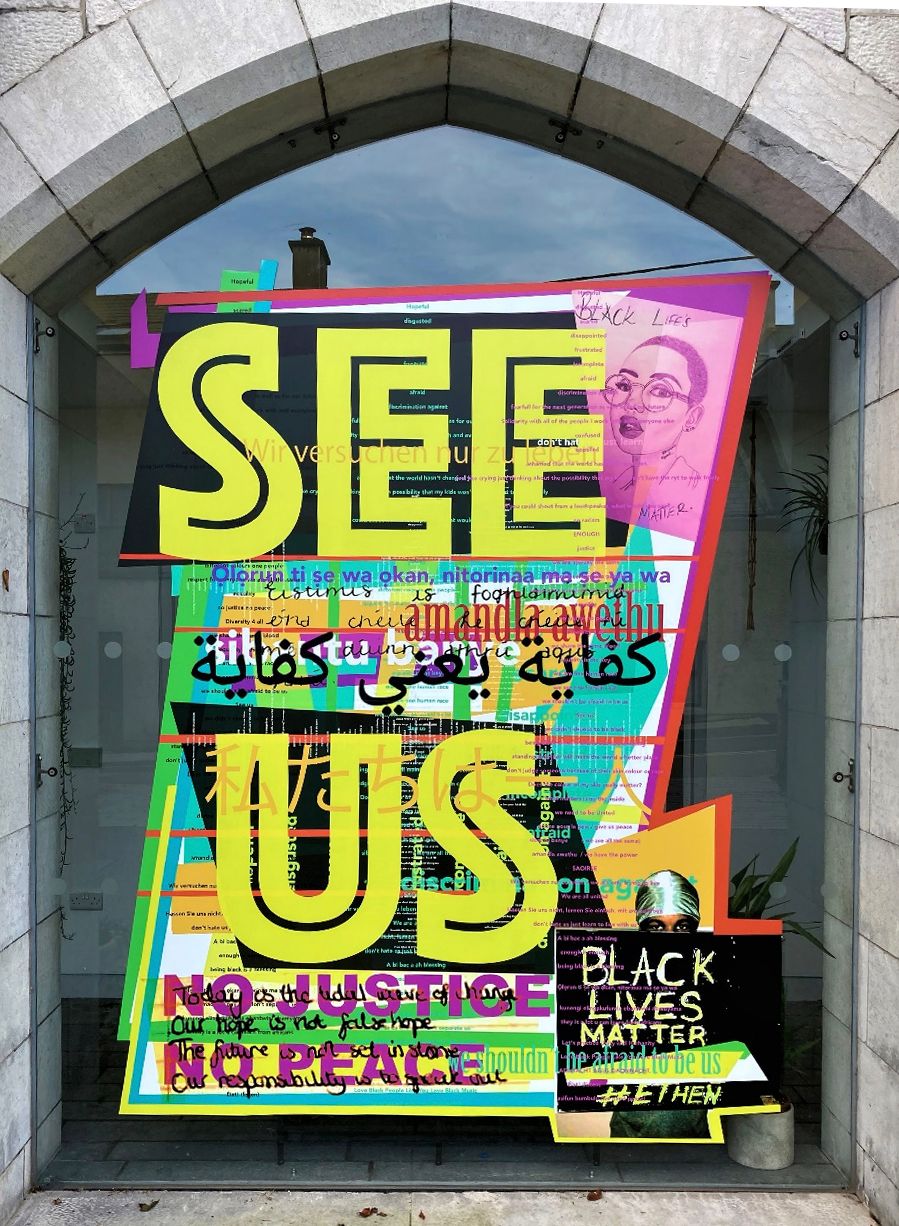
All this climaxed with the 2020 murder of George Floyd in the USA. My moment of not just pain and anger but also of deep frustration at my helplessness and inadequacy to make a difference and initiate change in the mindset of bigotry.
Vacillating between anger and confusion, I tried to grapple with the tragic deaths of other African Americans by channelling those strong feelings of shock into my poetry. As a Black Irish woman, America had become for me the land of lawless gunslingers with little respect for human life.
I needed to comprehend the world we inhabit to find ways to counter human callousness, bring about a change in people’s mindsets, and foster peace and understanding, if not ultimately, love.
I researched American history and discovered the horrific Jim Crow laws. I already knew about the horrors of the Atlantic enslaved trade and the inhumane treatment of the enslaved in America. But the systemic agenda of racial inequality embedded in the Jim Crow laws was another dimension of cruelty. I wrote my impression of these horrendous laws, and in 2020 I submitted my first post to OHF, a publication I had followed and admired since I started writing on Medium.
My writing is the only instrument I have to reach people’s hearts and emotions, foster understanding, and trigger a movement of the emotional literate.
OHF Weekly In your opinion, what’s the biggest obstacle to people changing their race-based thinking and actions for a more equitable worldview?
Sylvia The biggest hindrance, I believe, to initiating change from a race-based mindset towards embracing sustainable inclusion and racial justice can be narrowed down to a combination of several intertwining human traits that sustain the breeding ground of racism and intolerance.
Ignorance of the part that people’s forefathers/mothers played in seeding systemic racism. A hundred years of the Jim Crow laws which were only rescinded in the mid-60s are proof of this. A century was time enough to instil over generations the institution of white supremacy. Why change the world view of a system you’ve been born into and thrived on?
Don’t People of Colour make the perfect scapegoat for one’s failings and offer a smug feeling of superiority?
Fear of or unwillingness to get to know and communicate with the “other”. The less you know of a person, the more you can hold on to your stereotypes. Why step out of your comfort zone and change a system that has worked so well for you? This doesn’t mean you’re racist, though it implies you prefer to stick to the familiar lines of socio-cultural conventions, the hotbed of unconscious bias which can be difficult to bridge.
And finally, envy towards others who appear to be succeeding, especially if they happen to be People of Colour. This feeling can be triggered, too, by people’s dissatisfaction with how their lives have evolved. Don’t People of Colour make the perfect scapegoat for one’s failings and offer a smug feeling of superiority? A historic example of this was the Tulsa race massacre of 1921 when the Greenwood District, a prosperous Black neighbourhood in Tulsa, Oklahoma, was destroyed by a violent white mob. Hundreds of Black men, women and several children were killed.
OHF Weekly To write about racism, racial inequity, oppression, and the like, writers have to dig deep into a disconcerting reality, sometimes that involves self-examination. What’s been your most revealing article and why?
Sylvia This is a really difficult one for me to answer. Based on the research and reading I have done over the last few years and the pain I feel at the amount of human suffering occurring on a global basis, I discovered at least three troubling revelations about myself.
The first huge shocker was the discovery that my family in Nigeria had held enslaved people as part of their culture, and most probably partook in the cross-Atlantic enslavement trade.
Second, was the realization that I was no longer “just” Sylvia—half Nigerian half Irish; half-black, half-white. No, I was now a Woman of Colour. In the aftermath of the police killings of African Americans, I became conscious of what it meant to be victimized and killed based on the colour of one’s skin. And mine wasn’t white. Nor my brother’s and his family who live in Atlanta and around Georgia.
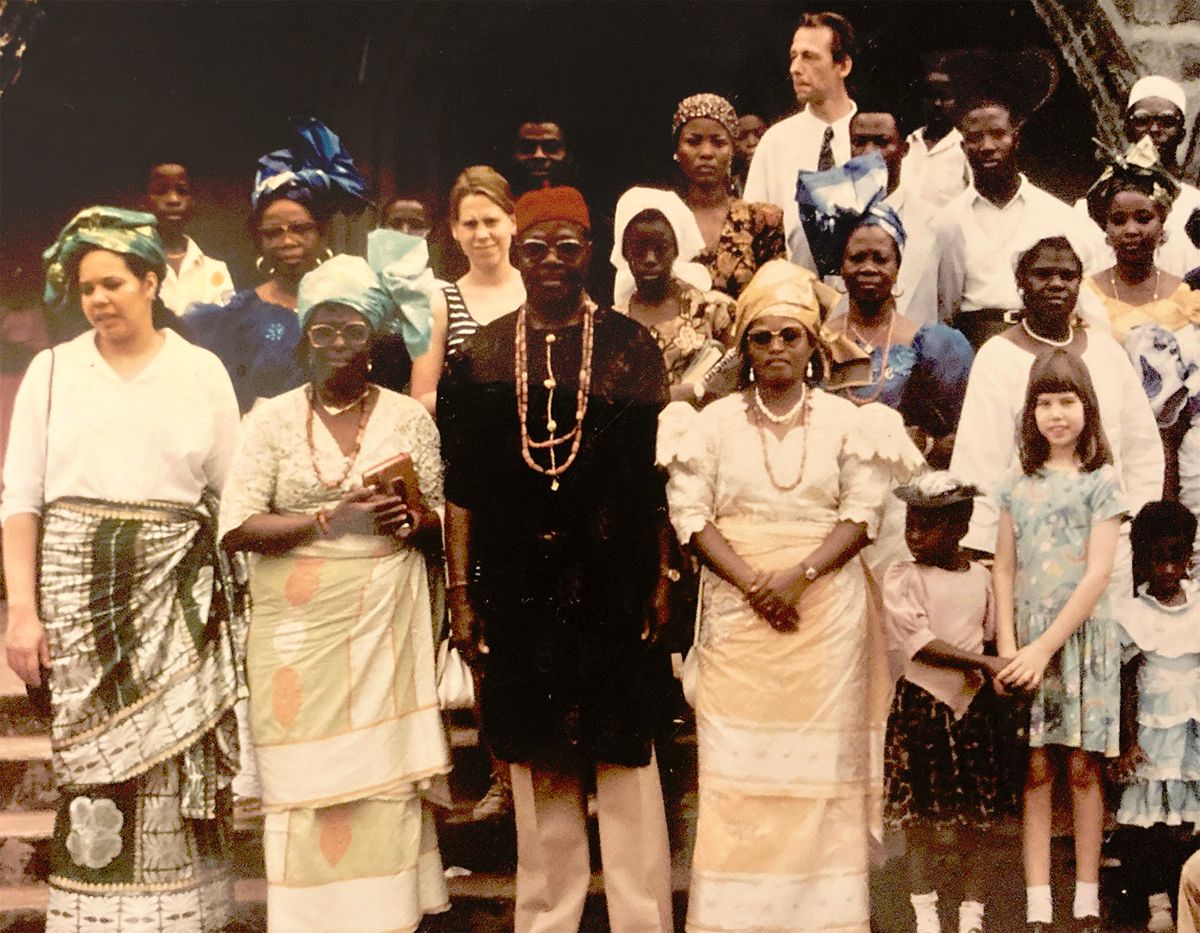
I recognized my vulnerability and lack of awareness and understanding regarding the systemic cruelty of racism and its debilitating effects.
Third, I came across the term “colourism”, a differential treatment based on the different shades of skin colour, and realized I had lived and functioned on the privilege of being lighter-skinned. Being brown and from two different cultures, I have discovered can also be a lonely place and something I will write about in the future.
All of these revelations I worked into a frenzy of writing to finally emerge from the void and settle back into some form of emotional balance.
Coconut: A Reflection
A coconut broken in two
reveals the real you dripping
the drops of white privilege
a taste tainted in colourism
at your age a disgrace
in this time and place — your coir
your face protector a light noir
evading the finger point of racism.
Whitewashed from birth
your eyes once full of mirth
a dearth now broodingly dark
“Mirror, Mirror on the wall
who’s the fairest of ye all?”
you or me you call, I quake
ensnared I gaze into the fissured
mesh of my reflected face.
OHF Weekly What is the one thing, one principle, you’d like for your readers to take with them from your body of work on racial equity and why?
Sylvia Mine is a combination of principles, a vision perhaps. I want my readers to experience what it feels like and means to hurt another human being. I want them to experience this while reflecting on their behaviour towards People of Colour, and finally, in an epiphany, embrace the necessity for an honest willingness to initiate change in their mindset and embrace an inclusive society.
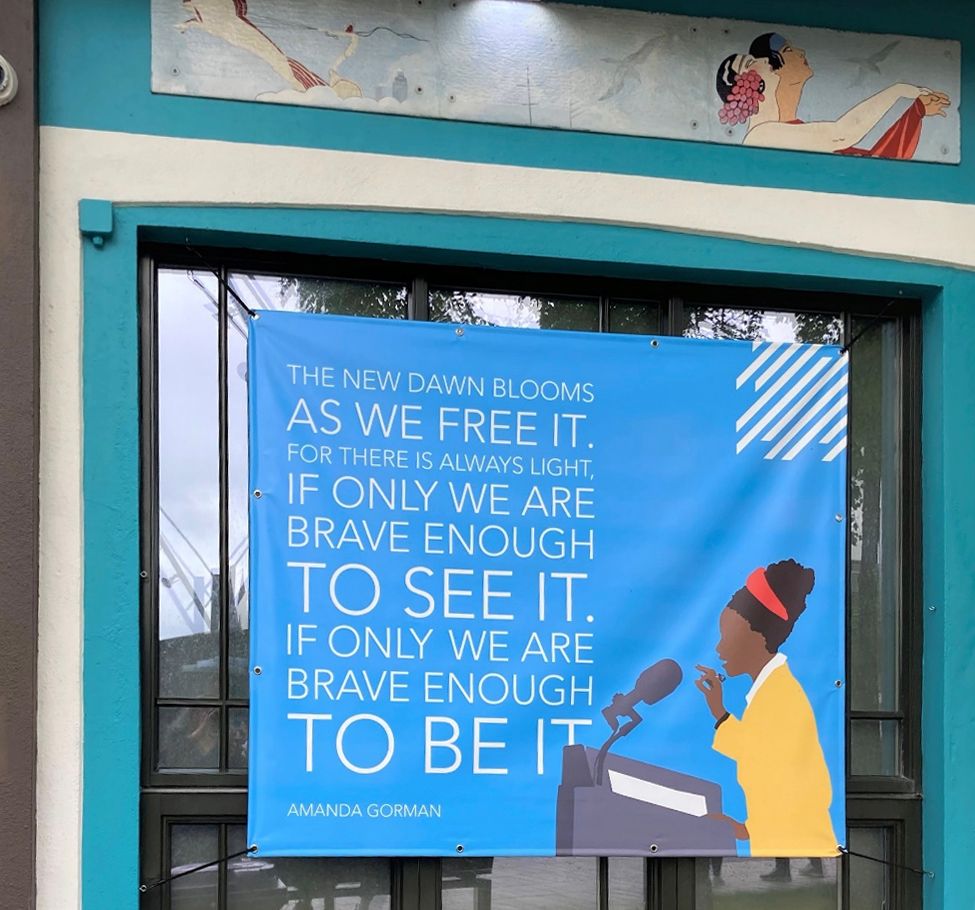
We can survive only if we open up our hearts and learn to be self-critical and reflective. For me, the era of eyes down and simply going about my business is over. To initiate change and accept racial justice, we must put an end to our sociocentrism, ethnocentrism, and ethnocentricity and open our eyes to the wrongs around us. We must realize that we are a part of these wrongs which need to be addressed and ameliorated. It is also our right and obligation to demand a more socially just and environmentally sustainable form of life. And as writers, we must give voice to the voiceless and, without preaching and whining, become society’s conscience.
OHF Weekly With all that’s going on in the world, why do you still write about racial equity, allyship, and inclusion?
Sylvia I will not give up on the hope that one day we can destroy racism and achieve racial justice, and will continue to work towards a socially just and egalitarian society. I guess it’s in my DNA, from birth, duty-bound, this wish for people to understand that to flourish and find one’s balanced place in life there is absolutely no room for feelings of superiority towards others, nor should one fear the other.
As a teacher, I, like Frederick Douglass, believe that to initiate a culture of racial equity, a sound and balanced education is the core to sowing awareness, understanding, and inclusion.

I place my hope in the coming generations who, through open dialogue and an enlightening education based on critical thinking, will never come to question the equality of all people.
And to modify Frederick Douglass’s call to agitate for change, I plead to “Educate, Educate, Agitate”:
You can blame but you cannot shame the racist
You can, however, strive to influence their seed before it, too, goes bad.
I do not want to become cynical, but when the going’s bad and I hear and feel how people are being inhumanely treated, I sometimes experience a new dimension in my grief, a numbness, an emotional detachment. This is a survival strategy I must counter at all costs. I do not want to disengage or succumb to despair. I envision a world where we respect and honour all members of our human family.
OHF Weekly Sylvia, thanks for your time.
Sylvia You’re very welcome, Clay. And thank you very much for giving me this opportunity to present myself to, and share my thoughts with, your loyal OHF readers.
Photos courtesy of Sylvia Wohlfarth.
Sylvia Wohlfarth’s Short List
Want to read more of Sylvia Wohlfarth’s works for OHF Weekly? We’ve got you covered. Here are three of our favorite articles and a poem.
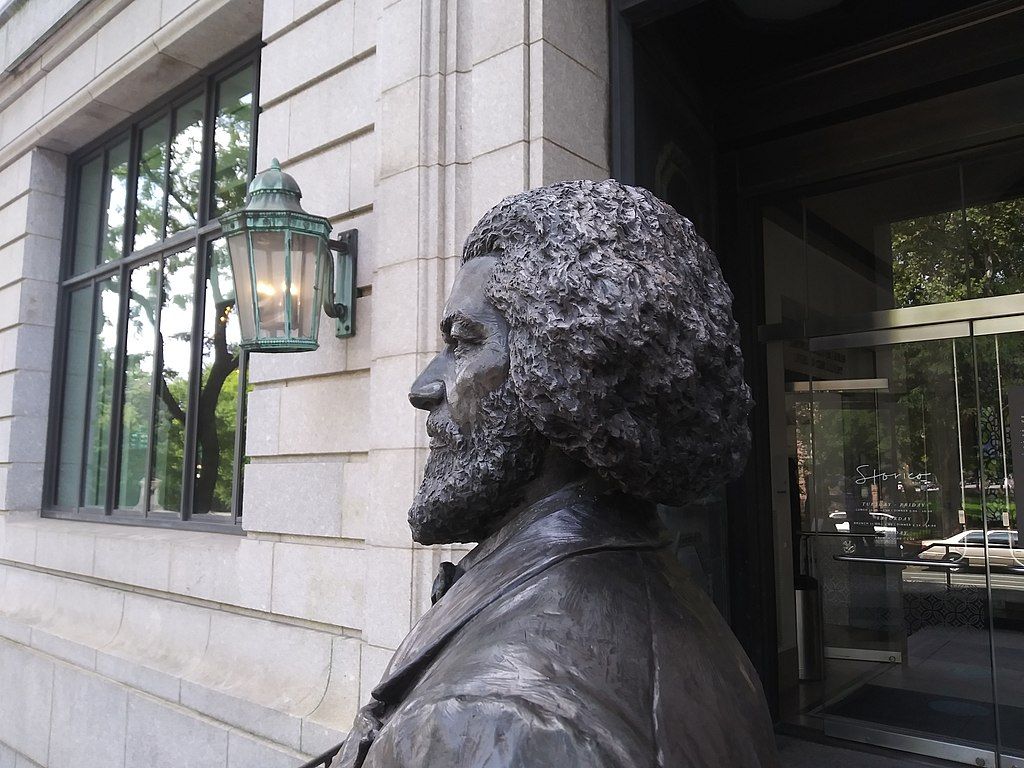
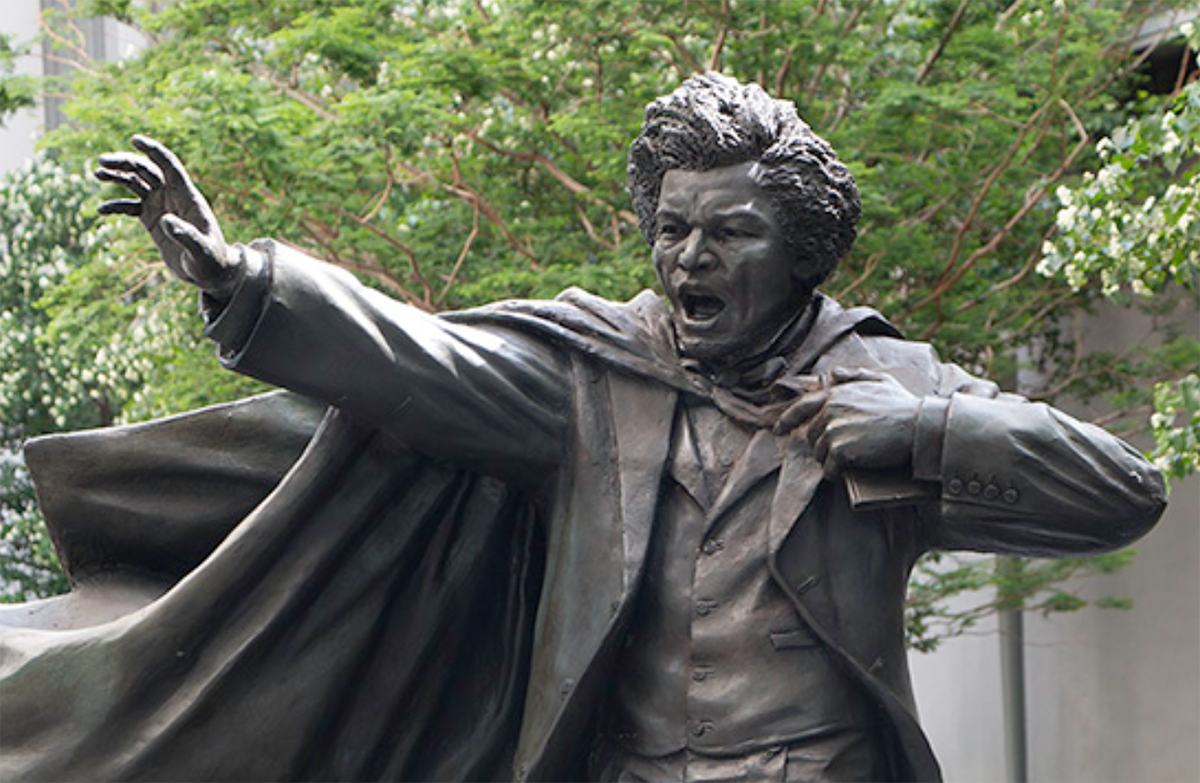

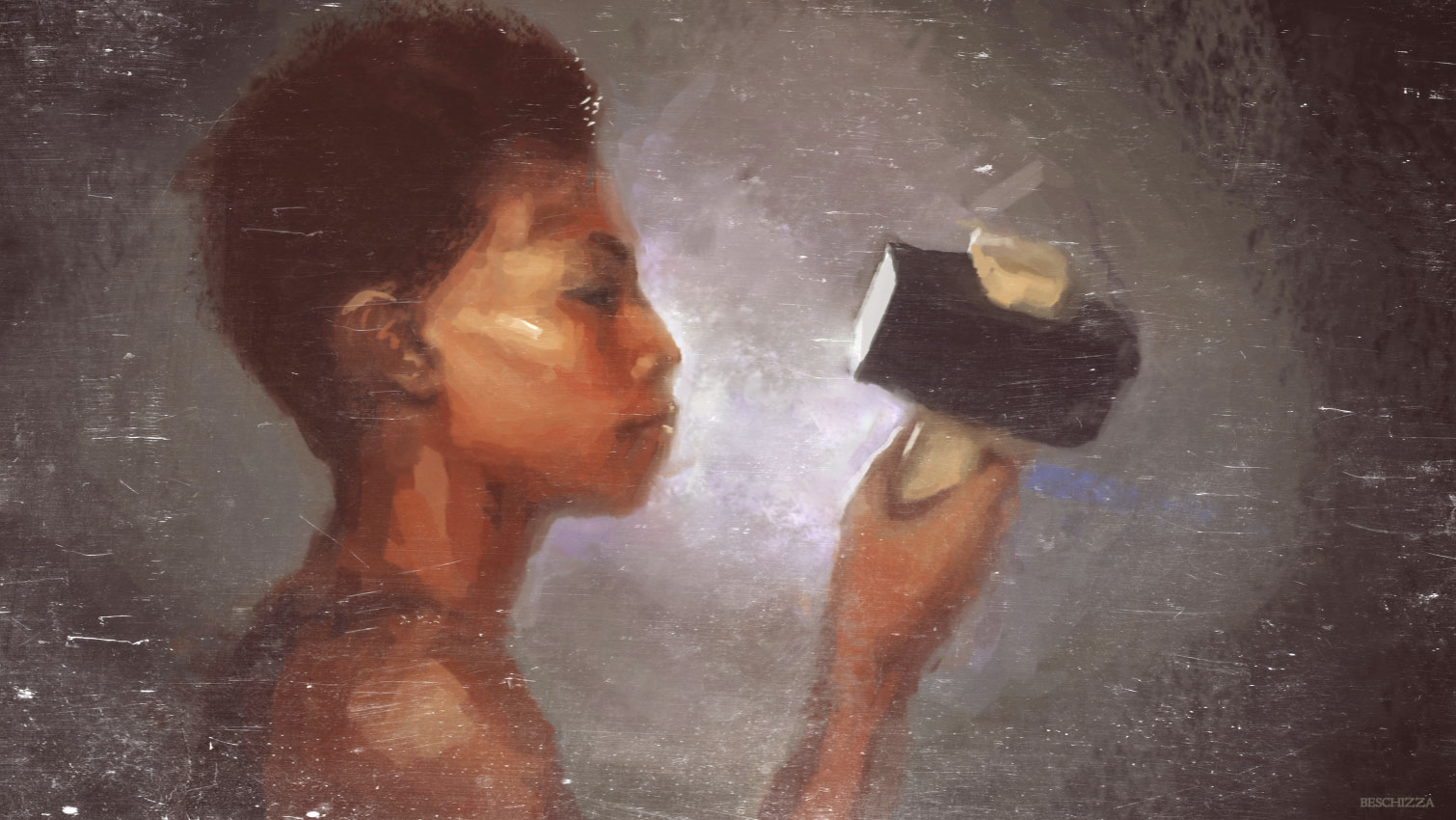
Subscribe

If you haven’t already, sign up for free email delivery of OHF Weekly and our articles. In our “OHF Family Tree” series, OHF Weekly presents profiles on the writers who have established us as a valuable and accessible resource for people interested in racial equity, allyship, and inclusion.
So far we’ve interviewed favorites Consuelo Flores, William Spivey, Jesse Wilson, Stephen Matlock, Sherry Kappel, Marley K, Don’t miss out. Sign up now!
Please Give

Please give. The subject of racism is broad and complicated. Its components require close examination and nuanced explanation. While our message is singular, we must tailor our conversations and presentations to bring awareness to these aspects. These items must also be updated to reflect the challenges of the times.
We cannot do the work of racial equity without the support of people like you. In the same way that it takes a village to raise a child, it will take all of us to end racism and create a more equitable world. Racism does just harm its victims; it harms its perpetrators and bystanders. Racism harms everyone. Our Human Family, a registered 501(c)(3) charitable organization, is working to bring an end to racism and establish a society rooted in racial equity.
Your year-end tax-deductible donations will help us continue our anti-racism work.
Please support the critical work and word of Our Human Family at the forefront of the national conversation on better race relations and widespread equality in America. Thank you for your support.
Holiday Cheer!

We thought we’d mix it up this week and share a few holiday tunes! Click play and enjoy a few classic and contemporary hits!
Love one another.


